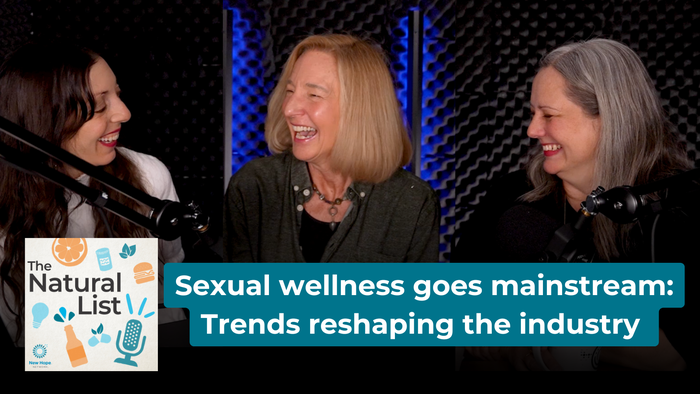Whole Foods Market on what it means to be a certified organic retailer
June 27, 2024

As you read this, a California Certified Organic Farmers inspector might be visiting a Whole Foods Market. As a USDA Certified Organic retailer, every one of the more than 500 locations in the United States and Canada are inspected annually.
“Folks are surprised we have every store inspected. It’s going on all the time,” said Ann Marie Hourigan, quality standards executive leader at Whole Foods.

Ann Marie Hourigan, Quality Standards Executive Leader, Whole Foods Market
Whole Foods first became certified organic in 2003, only one year after the USDA National Organic Standards began. The retailer is still the only USDA Organic national grocery store in the United States. Whole Foods locations in Canada and the United Kingdom also meet their nation’s organic certification guidelines.
“There’s a lot of work that goes into growing organic crops but also a lot of work in maintaining organic integrity after harvest,” Hourigan said. “Becoming certified as a retailer was our way to walk the walk, ensuring the integrity of the organic products we sell from farm to shelf.”

Standards for the retailer are similarly rigorous to a certified organic factory or distribution center, Hourigan said. Team members must maintain written logs that verify the removal of any cleaning product or sanitizer before knives or cutting boards encounter organic food. Organic and conventional products never co-mingle and every department follows specific protocols when receiving, storing, labeling and displaying organic products.
“Our commitment is not only to consumers but also to our suppliers,” Hourigan said. “They know we take organic products and the industry seriously.”

One person on Whole Foods’ corporate-level quality standards team is dedicated to organic certification, acting as a liaison between CCOF inspectors and retailers. However, each store remains responsible for its commitment to proper organic food-handling procedures. As the Strengthening Organic Enforcement (SOE) rules neared implementation, Whole Foods worked with uncertified handlers in the supply chain to get certified.
“It’s a company-wide effort,” said Hourigan, who worked as an organics certifier before arriving at Whole Foods. “The devil is in the details.”
“Our commitment is not only to consumers but also to our suppliers. They know we take organic products and the industry seriously.” - Ann Marie Hourigan
The recent implementation of the SOE rules did not result in more certifications at the national retail level.
“I am surprised we are the only certified organic national retailer,” Hourigan said. “I thought it would have changed before SOE went into effect.”
Other certifications for the grocery store are not currently being discussed, as the USDA Organic label serves as a strong standard.
“Organic certification is unique as one of the only certifications of its kind that has the oversight of the federal government,” Hourigan said. “There’s always a different label that pops up, but the organic label has staying power.”
Read more about:
OrganicYou May Also Like



